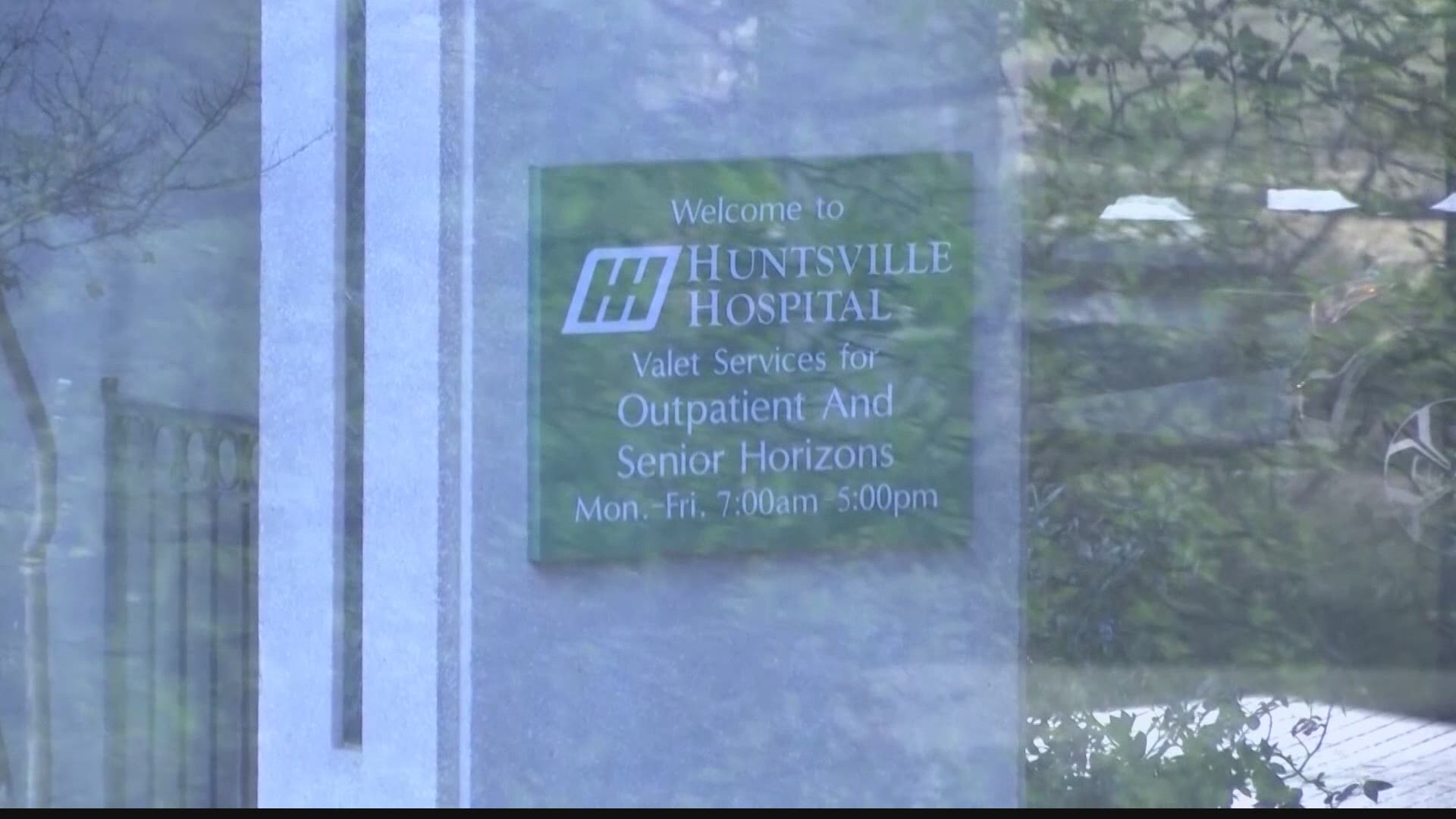HUNTSVILLE, Ala. — COVID-19 has changed our lives in ways we couldn't imagine. Exactly one year ago the World Health Organization (WHO) declared the virus a pandemic as cases climbed by the day and our everyday norms were put on pause.
Our WZDX News reporter spoke with doctors who have been on the frontlines since the start, and how some of those changes will remain.
"Masking probably in the hospital is going to stay for a while. I don't think it's going to go away," says Huntsville Hospital Infectious Disease Specialist, Dr. Ali Hassoun.
Hassoun and Alabama Department of Public Health's Assistant State Health Officer, Dr. Karen Landers, says mitigation efforts including constant hand washing will be here to stay.
"There will be a number of infections control processes that will be reaffirmed and will be enhanced as a result of this," says Landers.
Other changes include the way doctors can meet with patients through telehealth.
"It definitely taught us that some of the conditions, we can do through telehealth. Definitely, in compared to what we say every patient needs to come into the office needs to be seen," says Hassoun.
However, that does not mean telehealth services will continue to be as easy to access. "The insurance companies, as the state of emergency will be lifted, they might not let us do telehealth with full usual reimbursement in support," added Hassoun.
Doctors say the future of the virus is to be determined.
"As they evolve they become less efficient, and they die basically. In compare on the other side, they can get more efficient and easily transmissible," says Hassoun.
The future of vaccination is to be determined also, especially when it comes to kids. So far only the Pfizer vaccine is available for people who are 16 and 17 years old.
"We know that there are clinical trials in pediatrics, and I'm actively following that as a pediatrician, and I know that again that something that many pediatricians are feeling that we need that information," says Landers.

